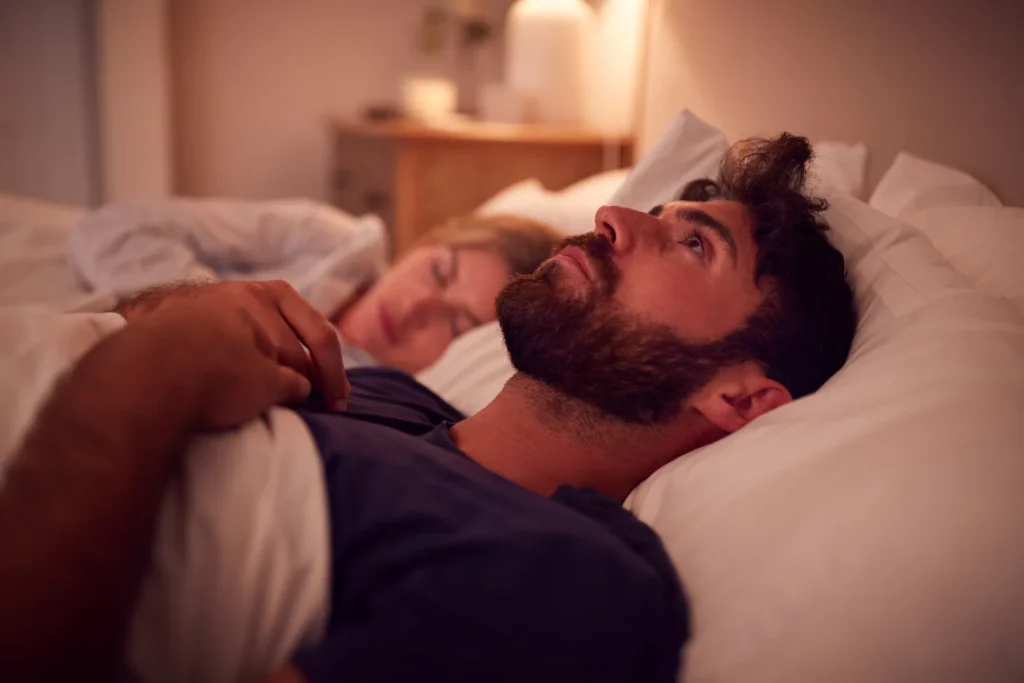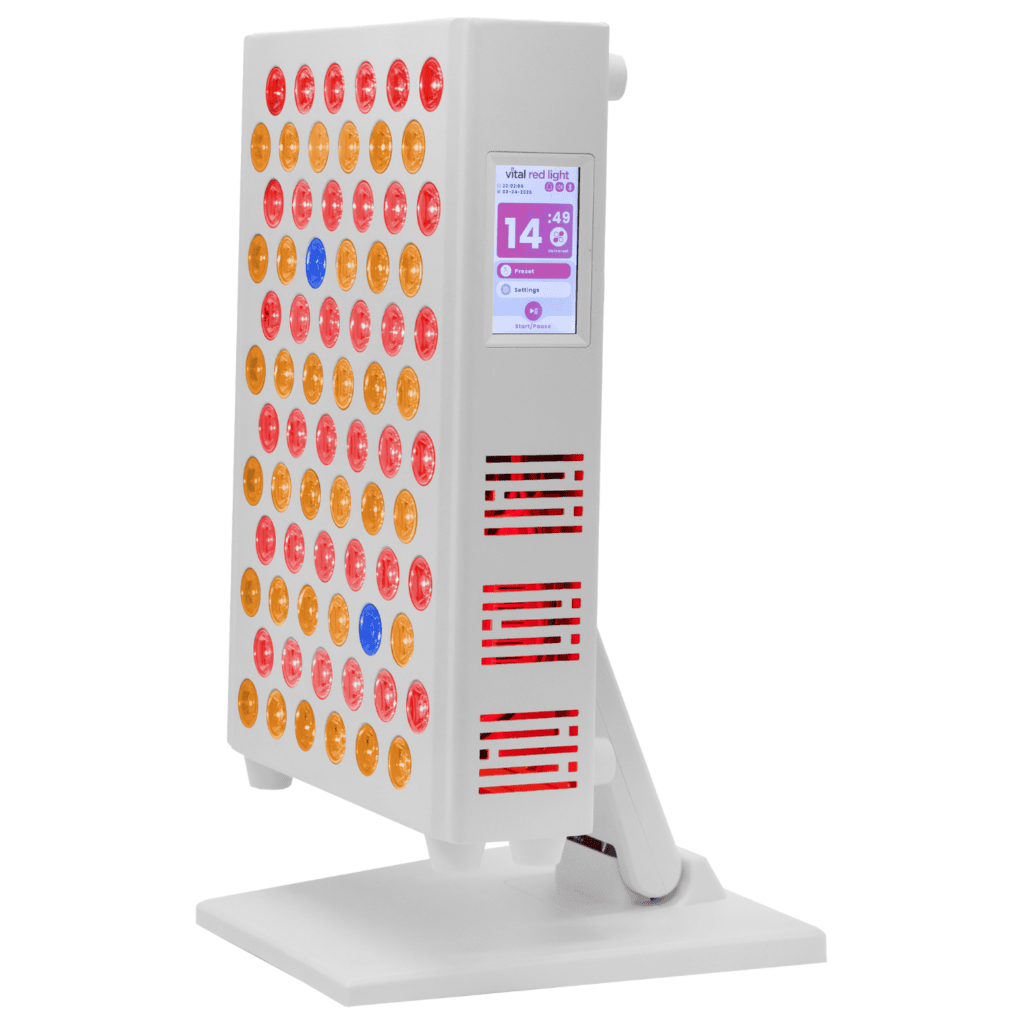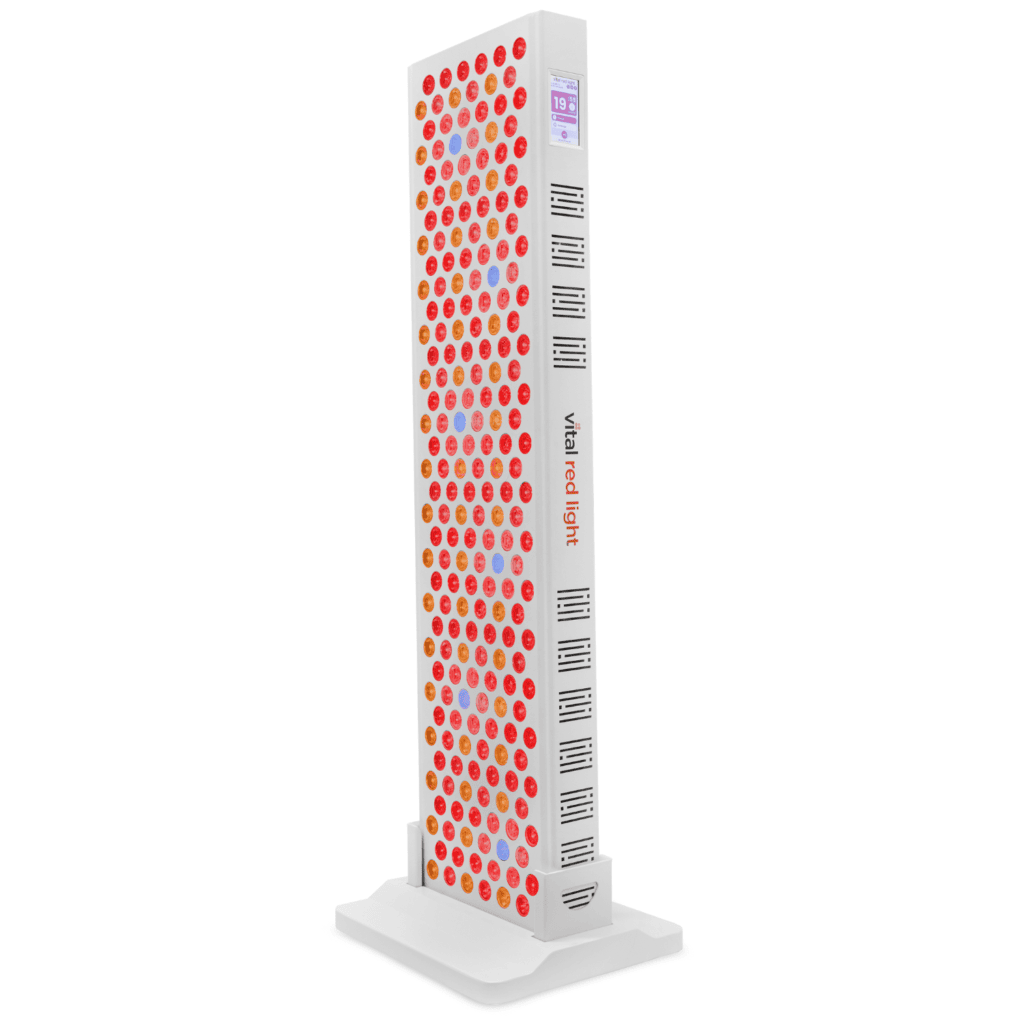
Sleep and circadian rhythms play a crucial role in mental health, influencing mood disorders such as depression, anxiety, and bipolar disorder. Disruptions to sleep patterns and the body’s internal clock can exacerbate psychiatric symptoms, while interventions targeting sleep-circadian disturbances can improve mental well-being.
The Link Between Circadian Rhythms and Mental Health
Circadian rhythms are biological processes that follow a roughly 24-hour cycle, regulating sleep-wake patterns, hormone secretion, body temperature, and metabolism. These rhythms are synchronized by external cues, primarily light, which signals the brain’s master clock, the suprachiasmatic nucleus (SCN), to regulate physiological functions.
Disruptions to this system, such as shift work, jet lag, or excessive exposure to artificial light at night, can misalign the body’s internal clock, leading to mood disturbances. Studies show that night-shift workers have a 40% higher risk of developing depression, while social jet lag—significant shifts in sleep schedules on weekends versus weekdays—can impair emotional regulation.
Circadian Disruption and Psychiatric Disorders
Depression:Patients with major depressive disorder (MDD) often exhibit alterations in sleep patterns, hormone rhythms, and body temperature regulation. Symptoms can be more severe in the morning, correlating with greater circadian misalignment. Treatment strategies like bright light therapy and wake therapy help realign the internal clock and alleviate symptoms.
Anxiety:Anxiety disorders have been linked to irregular circadian rhythms. Nurses with shift work disorder report increased anxiety levels, while frequent jet lag can elevate both anxiety and depression scores. Circadian misalignment affects stress hormone regulation, potentially worsening anxiety symptoms.
Bipolar Disorder:Individuals with bipolar disorder often experience disruptions in sleep-wake cycles. Mania is associated with shortened and fragmented sleep, while depressive episodes may involve excessive sleep. Lithium, a common mood stabilizer, directly influences circadian gene expression, reinforcing the connection between the circadian system and mood regulation.
Schizophrenia:Sleep disturbances, including irregular sleep-wake cycles and delayed sleep phase disorder, are common in schizophrenia. Studies indicate that individuals with schizophrenia may exhibit a breakdown in the relationship between melatonin secretion and the sleep-wake cycle, contributing to cognitive and emotional impairments.
Mechanisms Behind Sleep-Circadian Disruption
Neuroplasticity:Sleep is essential for synaptic pruning and memory consolidation. Disruptions to slow-wave sleep and rapid eye movement (REM) sleep can impair neuroplasticity, affecting emotional regulation.
Hormonal Regulation:The circadian system controls cortisol and melatonin production, both of which influence mood. Misalignment can lead to heightened stress responses and emotional instability.
Light Exposure:Light exposure at inappropriate times, especially blue light from screens, suppresses melatonin secretion, delaying sleep onset and disrupting the circadian cycle. This, in turn, increases susceptibility to mood disorders.
Interventions to Improve Mental Health
Cognitive Behavioral Therapy for Insomnia (CBT-I): Recognized as the first-line treatment for insomnia, CBT-I helps regulate sleep patterns, reducing symptoms of depression and anxiety.
Light Therapy: Exposure to bright light in the morning can help reset circadian rhythms, benefiting individuals with seasonal affective disorder and depression.
Chronotherapy: Adjusting sleep-wake schedules, using melatonin strategically, and optimizing exposure to natural light can improve circadian alignment.
Lifestyle Adjustments: Consistent sleep schedules, reduced nighttime screen use, and proper meal and exercise timing can strengthen circadian stability and enhance mental well-being.
Conclusion
The relationship between sleep, circadian rhythms, and mental health is bidirectional—disruptions can contribute to psychiatric disorders, while improving sleep-circadian function can enhance emotional stability. By integrating sleep and circadian interventions into mental health treatment, we can create more effective strategies for managing mood disorders and promoting overall well-being.




















